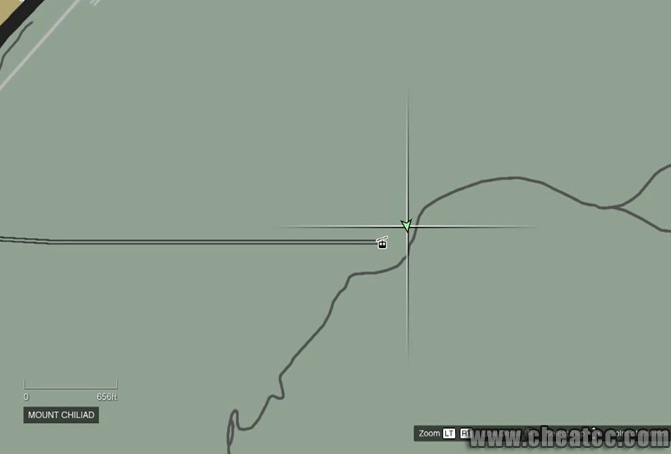Best Places To Put Your Money When The Stock Market Tanks
Post on: 11 Апрель, 2015 No Comment

by Silicon Valley Blogger on 2008-09-19 39
Some of the best places to put your money during tough stock market periods.
Should I move my money to a high yield savings account. Are online bank accounts the best place for my savings right now? Were all probably thinking the same thing. With money in the stock market, I cant help but feel sorely tested by whats going on in the markets at the moment.
If youre jittery about the stock market these days, were in the same boat. Weve seen some of the bumpiest market sessions in recent history and Ive got whiplash just following the benchmark index numbers like the S&P 500 (fell 4.7 percent in one week, gained it all back in one day).
I think were far from having to hide our money under the mattress just yet, but as an exercise, Id like to canvas the various places where we can realistically keep our money during turbulent financial times.
Best Places To Keep Your Money During Stock Market Turmoil
#1 Where it is right now
What does this mean? If youve decided on a long-term investment strategy that includes equities, and have selected solid investments with fundamentally strong track records, then the emotionally charged stock market climate today shouldnt sway you away from your current set up.
From my studies and personal experience, Ive found that the wrong time to make decisions is when emotions and worry run high. As much as possible, avoid emotional decisions when it comes to money; many have the effect of hampering your progress towards achieving your long-term financial goals.
#2 In good solid mutual funds and stocks
Heres how I look at it: if youre going to participate in the market at all, the safest places for your money are in high quality stocks and funds. If you own penny stocks, smaller stocks or more aggressive funds, youll experience much greater volatility than the rest of the market. So it may be wise to move away from the marginal stuff and into relatively more stable equities particularly if you hold positions that do not fit your investment profile. Also, if youve got the extra cash, think about buying low wait for the market to find its footing (or form a bottom) and add money into equities.
For those looking to begin investing, you can try out a solid mutual fund company like Vanguard or T. Rowe Price, or an online broker like TradeKing or Zecco. which have extremely low transaction fees. For more details, you can read my review on the best online stock brokers for cheap stock trades .
#3 In high yield savings accounts
If you truly want to keep your cash as safe as possible, then go for FDIC insured checking or high interest savings accounts. Here are online banks that offer some of the better savings rates at this time :
- EverBank: The EverBank Yield Pledge Money Market Account offers .91% APY for the initial 3 months after account open, and .91% APY following that for up to a year; it has no fees but requires a low initial deposit of $1,500. For additional details, please visit this link.

#4 In other types of cash accounts
You can always open CD accounts for your cash for that measure of safety. Because your money is locked up for a bit of time in a CD account, you may want to purchase several CDs and ladder them to achieve some measure of liquidity if need be. But if youre after pure liquidity and some relatively higher returns than regular savings accounts, then check out money market funds, which is the cash account type that I actually prefer (for the most flexibility and the least fuss). Our emergency fund is in a tax free money market fund. The downside is that there is no insurance here if our money market fund breaks the buck (we discuss breaking the buck in this article on Where To Put Your Cash ).
#5 Bonds
Bonds often move in a different direction than do stocks. If youve got some of your cash allocated to bonds, youre cushioning some of your portfolios decline. Ive mulled over how much I should put into bonds; right now our bond allocation is sitting at around 7% of our portfolio when it should really be more around 10%. Small though it may be, our bond allocation has helped dull the pain of the equity slump.
#6 Diversifiers and hedging vehicles
Ive harped on this quite often: Id like to add more diversifiers to our portfolio. These are the asset classes that help hedge our holdings and help add further stock market diversification. If youve got an equity-heavy portfolio, you may want to lighten it up a little by placing a portion of your cash into REITs, precious metals or commodities.
#7 Some annuity products
This is something new weve been investigating recently. I know that annuities are well disliked by the financial community but some of your money may find shelter in these insurance products during turbulent economic periods. Annuities have a less than favorable reputation for being so costly and inflexible. However, there are some fairly decent products out there offered by insurance companies these days and they dont seem all that bad. Ill talk about this more at a later time (along with a new investment concept I came across: the S & P collar index ), but the gist of this is that there are products that allow you to participate in the gains of the stock market while preventing you from loss of principal. All with some built-in costs and loss of liquidity (which is why, contrary to conventional financial wisdom, it may actually make sense to apply this to a retirement account). Okay, smear away!
ooOoo
Parting Thoughts
I just want to emphasize that Im not a financial professional so please dont take my musings here as any kind of directive. As a regular investor, I am always interested in sharing and gathering information about how best to weather investment periods like what weve been experiencing so far, and I hope this article is one way to elicit information, discussion and ideas from others.
That said, the time to think about keeping your money safe is not when the stock market is dancing around like a drunken sailor. Now isnt the time to seek refuge for your money, unless youre desiring to escape from some questionable investments. Realize that by the time you feel like you should do something drastic maybe sell out of your positions it may already be too late. Reacting with emotions to the stock market is hardly ever the right move. If youre in good investments that are unfortunately affected by the general mood of the market, then its best to wait things out. But if you decide (or belatedly discover) that certain investments are just not a fundamental fit in your portfolio, then you may want to cut your losses and consider this an expensive lesson.














